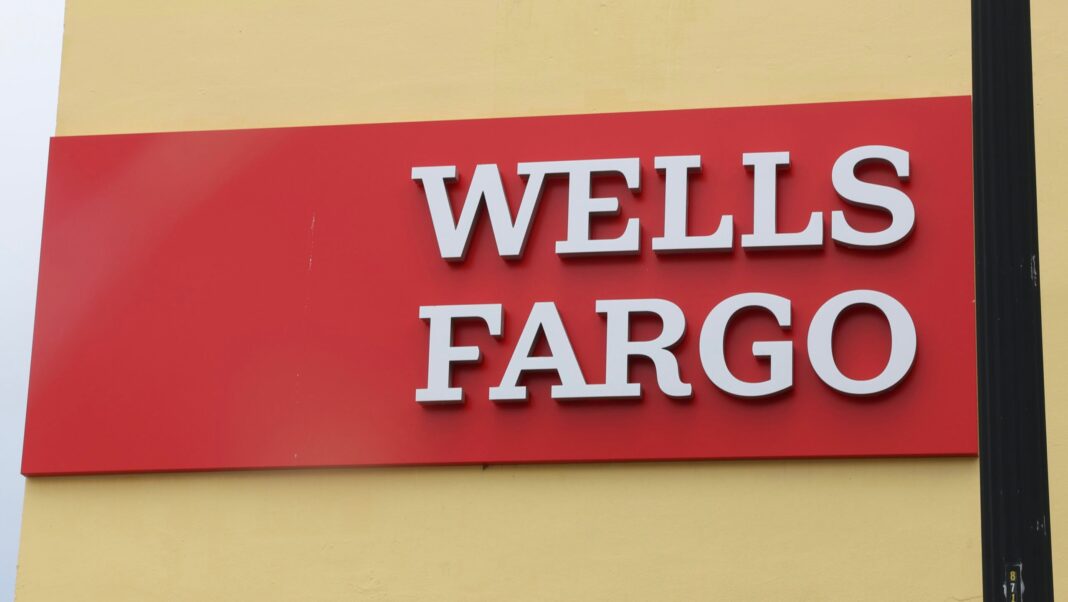Wells Fargo’s DEI Initiatives Under Fire: A Deep Dive into the Allegations
Wells Fargo, one of the largest financial institutions in the United States, finds itself in the midst of a contentious lawsuit alleging that it misrepresented its Diversity, Equity, and Inclusion (DEI) initiatives. This lawsuit claims that the bank conducted “fake interviews” for higher-paying jobs that were often already filled, sparking significant backlash and concern over the authenticity of its DEI efforts.
Allegations of Fake Interviews
The lawsuit, filed in September 2022, accuses Wells Fargo of effectively orchestrating sham job interviews between February 2021 and June 2022. The plaintiffs assert that these interviews were merely a façade intended to project a commitment to diversity, without any intention of actually hiring candidates from underrepresented groups. According to the suit, Wells Fargo had previously established a mandate stipulating that half of all jobs in the U.S. offering salaries of $100,000 or more would be filled by individuals from diverse backgrounds. This includes racial and ethnic minorities, women, veterans, LGBTQ+ individuals, and those with disabilities.
The SEC’s Involvement
The Securities and Exchange Commission (SEC) also raised concerns about Wells Fargo’s hiring practices in September 2022, reflecting a growing scrutiny of corporate DEI initiatives. Despite these concerns, both the SEC and the Department of Justice ultimately closed their investigations without taking further action against the bank. Nevertheless, the scrutiny from federal agencies highlights a broader tension surrounding diversity initiatives, especially in financial services where regulation is often tightly woven.
Wells Fargo’s Stance
Wells Fargo has categorically denied the allegations, asserting that their hiring practices remain transparent and merit-based. The bank’s representatives have stated, “We believe the claims were without merit. Wells Fargo does not tolerate discrimination in any part of our business.” This declaration echoes the institution’s stance on promoting an inclusive workplace, even as it faces significant challenges in proving the effectiveness of its DEI strategies.
DEI Statistics and Pandemic Impact
In its DEI filing to the SEC in early 2024, Wells Fargo reported that approximately 46% of its 238,000 employees were considered racially or ethnically diverse. However, the bank’s commitment to DEI has been questioned, particularly following former President Trump’s restrictive measures on DEI initiatives for companies engaging with the federal government. In the wake of these policies, Wells Fargo and many other organizations reportedly reduced references to their DEI-related goals, raising concerns about their genuine commitment to diversity.
A Culture of Inclusion?
Despite the ongoing allegations, Wells Fargo insists that it promotes an inclusive workplace culture. The bank’s commitment to DEI is seen as essential, particularly in industries that have historically been criticized for lack of representation. However, the current lawsuit underscores the precarious balance that organizations must navigate between public commitments to diversity and the tangible actions that translate those commitments into meaningful outcomes.
The Road Ahead
As negotiations around the settlement continue, it is expected that an agreement will be submitted for approval to the U.S. District Court for the Northern District of California by October 13. This situation raises broader questions about how corporations implement DEI initiatives and the accountability measures in place to ensure that their practices align with their professed values. While Wells Fargo maintains that it is committed to diversity, the outcome of this lawsuit may very well influence public perception and future hiring practices within the industry.



